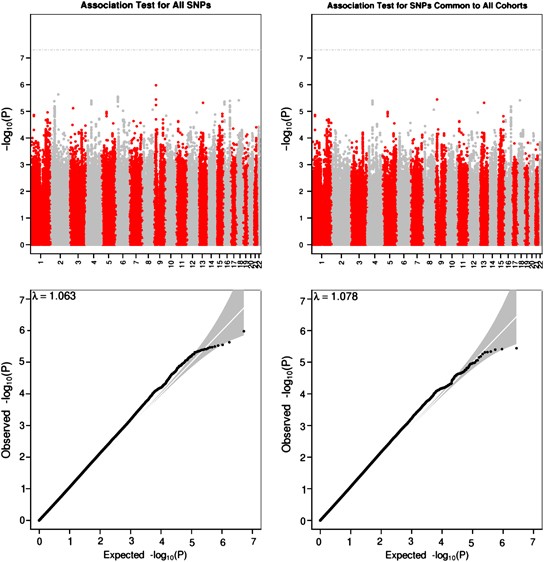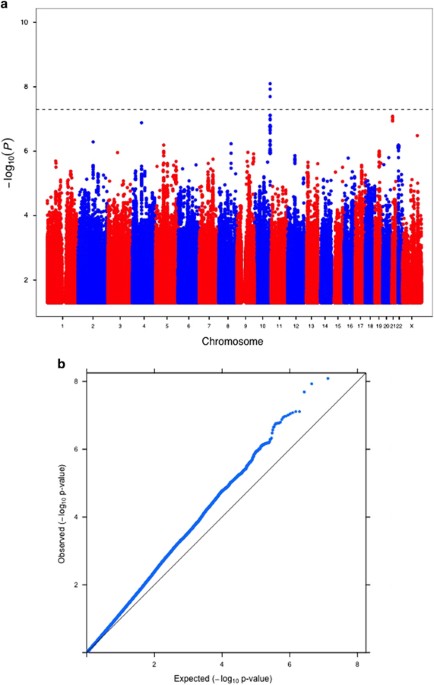Intellau_Celistic
5'3 KHHV Mentalcel
-
- Joined
- Aug 26, 2021
- Posts
- 166,411
I'd like to see how they determined that those genes correlate with intelligence.
we show that the aggregate effects of common SNPs explain 22–46% of phenotypic variation in childhood intelligence in the three largest cohorts (P=3.9 × 10−15, 0.014 and 0.028)
The proportion of childhood intelligence explained by the predictor reached 1.2%
rope@tehgymcel420 @Hate_my_life @FaceandHFD @Inincelcel @Total Imbecile @IncelKing @SuperSaiyanGymcel @Colvin76 @YungCell @Indari Its truly for us shitskin abominations. not only do we have shitty looks and shitty treatment from society. We have no ancestral records. Our ancestors are nothing but shitskin peasants who have no records, no foundation, there is nothing. Who the fuck was my great grandparents,I dont know. But even a poor white baltic serbian can find records on it while us shitskins, no matter how much money we spend, no matter where we travel, will never know our ancestry.

A genome-wide polygenic score (GPS), derived from a 2013 genome-wide association study (N=127,000), explained 2% of the variance in total years of education (EduYears). In a follow-up study (N=329,000), a new EduYears GPS explains up to 4%. Here, we tested the association between this latest EduYears GPS and educational achievement scores at ages 7, 12 and 16 in an independent sample of 5825 UK individuals. We found that EduYears GPS explained greater amounts of variance in educational achievement over time, up to 9% at age 16, accounting for 15% of the heritable variance. This is the strongest GPS prediction to date for quantitative behavioral traits. Individuals in the highest and lowest GPS septiles differed by a whole school grade at age 16. Furthermore, EduYears GPS was associated with general cognitive ability (~3.5%) and family socioeconomic status (~7%). There was no evidence of an interaction between EduYears GPS and family socioeconomic status on educational achievement or on general cognitive ability. These results are a harbinger of future widespread use of GPS to predict genetic risk and resilience in the social and behavioral sciences.








